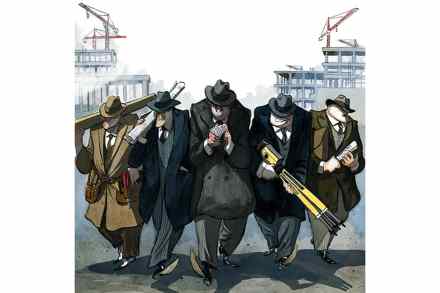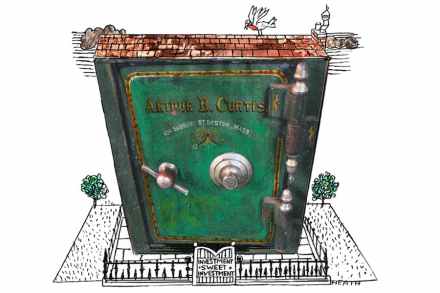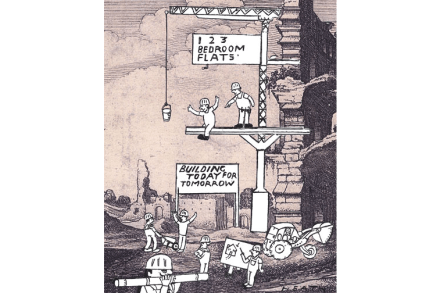The rise of the London pied à terre
There’s nothing new about having a London pied à terre. For many based in the country yet working in the city having a ‘flat in town’ is a matter of convenience, whilst for those seeking to enjoy theatre trips or other metropolitan pleasures, it’s rather a luxury. Yet it’s been an increasingly expensive to acquire one since April 2016 when a stamp duty surcharge on second homes added an extra three per cent to each tax band, and when last year’s coronavirus lockdown made everyone flee to the country, flats in the capital were cast off rather than coveted. But what a difference a year can make. With the daily commute





















